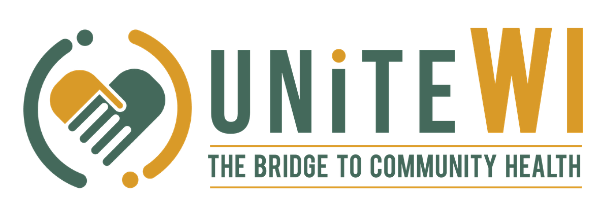$348,000 in grants going to Racine-area agencies to promote equity in COVID-19 vaccination outreach
MADISON — The state Department of Health Services announced $6.2 million in grants to 100 organizations across Wisconsin in an effort to promote equity in the state’s COVID-19 vaccine program.
The grant recipients include the City of Racine and four others in Racine County that will share a combined $348,000.
The City of Racine will receive $100,000 for its Vaccine Racine program, which operates with coalition partners to distribute information about COVID-19 vaccines to residents countywide. The program also seeks to identify barriers to vaccinations, and to provide feedback to health care providers.
Racine County also is impacted by another $100,000 grant to UniteWI, an organization that serves the counties of Racine, Kenosha, Milwaukee and Waukesha. The organization plans to use the funds to develop a pilot program to get COVID vaccinations to high-risk individuals.
Another $100,000 grant is going to the Wisconsin Network of Urban Leagues Southern Wisconsin, which will focus on Racine, Madison, Milwaukee, Kenosha and surrounding communities. The group plans a new initiative, Back to Better, to target Black and other underserved populations in sharing information and overcoming barriers to vaccinations. Community Advisory Teams will launch an education video and social messaging campaign, webinars or workshops, popup events and other activities.
People of color have been getting vaccinated at considerably lower rates statewide and locally. According to state data as of Saturday, 30.9% of Racine County’s white population had received at least one vaccine shot. Compare that with 21% of the local Asian population, 12.9% of African Americans, and 15.4% of Hispanics.
Locals may also share in a $48,000 grant to the Milwaukee Muslim Women’s Coalition, which serves the counties of Milwaukee, Kenosha, Waukesha and Racine. The coalition plans flyers in multiple languages distributed at ethnic stores, shops, and places of worship, and also to engage nurses, pharmacists, and medical professionals to help people access vaccinations.
The grants were awarded with the goal of increasing vaccinations across the state by supporting local organizations to “serve as trusted messengers within their communities, build vaccine confidence and reduce barriers that hinder vaccine access for marginalized or underserved populations,” the state health authority said.
Recipients will “use culturally relevant information and engage in outreach to promote vaccine acceptance,” and some will also work to increase access to the vaccine by coordinating rides, helping schedule appointments, hosting vaccination clinics and more.
Promotion from peers, not government, preferred
Karen Timberlake, DHS interim secretary, said the grant program is “rooted in the understanding” that community-based organizations and leaders are in the best position to not only promote getting the COVID-19 vaccine but also help increase vaccine accessibility in their communities.
“This pandemic has highlighted existing health inequities in Wisconsin and across the nation,” Timberlake said. “Black, Indigenous and people of color experience higher rates of infection, hospitalizations and death from COVID-19. As part of our work to reach an 80% vaccination rate across our state, we have to ensure those Wisconsinites that have been hit hardest by the pandemic have the opportunity to protect themselves and their loved ones from the virus.”Many other grants went to recipients whose statewide work also could impact Racine County.
With the help of federal funding, DHS added another $3.1 million to the initial investment of the same amount. The grant program is part of broader efforts by the state to improve racial and geographic equity in the vaccination program.
In addition to the $6.2 million, the state health department has invested $3 million to help partner organizations continue current vaccine equity work, which includes prioritizing vaccine orders for underserved communities and expanding access to the vaccine with mobile teams, community-based clinics and more.
“This major investment to promote health equity in Wisconsin is essential to bounce back from the pandemic together,” Gov. Tony Evers said. “Ongoing efforts to distribute the vaccine safely, efficiently and equitably must include strategies to ensure that vaccines reach communities that face barriers to accessing medical care and people who may have a justifiable mistrust of the medical community and vaccines.”

